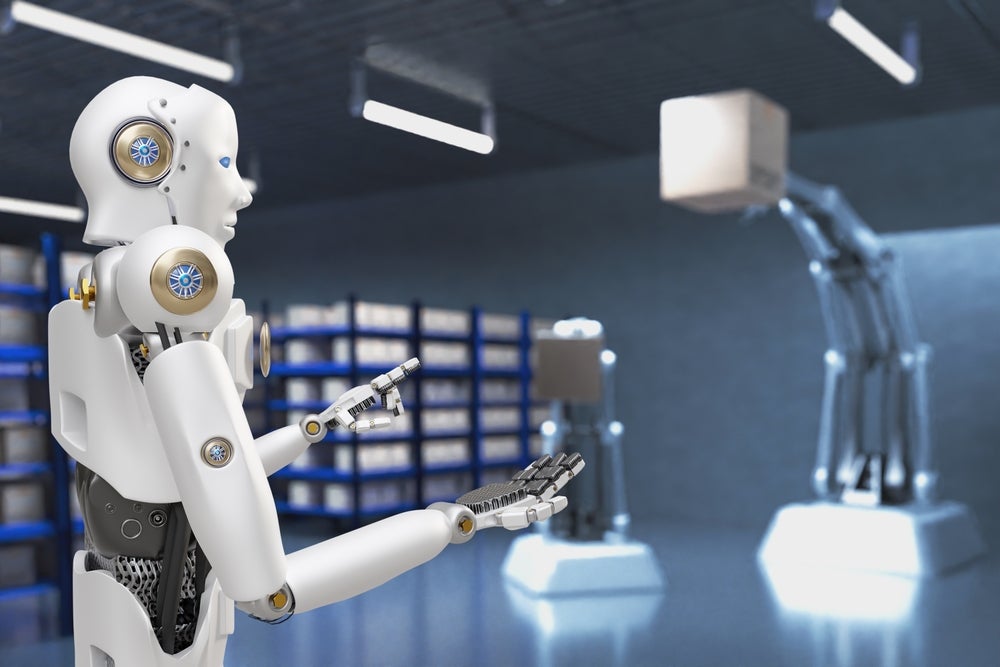In this new era, various AI-related research breakthroughs are emerging, with one being particularly promising: Karl Friston’s FEP.
This innovative approach to AI is valuable in the perspective of responsible and sustainable AI.
AI as we know it
In 2023, AI made headlines, with a particular focus on generative AI, the creation aspect of AI that will impact every industry. According to GlobalData, the generative AI market is projected to grow from $1.8bn in 2022 to an impressive $33bn by 2027, at a CAGR of 80% during this period. Among advanced AI technologies, generative AI stands out as the fastest-growing, predicted to comprise 10.2% of the overall AI market by 2027. In Tech, Media, & Telecom Predictions 2024, GlobalData analyst Emma Christy wrote that “every large company will need to be an AI company by 2024”.
Disruptions will begin with the streamlining of existing workflows to transform the way companies operate. For example, hyperscale cloud providers like Microsoft, Amazon, and Alphabet already possess the platforms and financial scale to train models and deploy inference both in the cloud and at the edge. To navigate new disruptive business models, companies must respond promptly either by fully embracing this technology or pivoting their business.
Karl Friston’s FEP for an exciting AI era
The AI market is moving forward, and companies are adjusting to these changes. Meanwhile, progress is happening in AI research. So far, most research has focused on machine learning models. These models have faced various challenges including dealing with large amounts of data for training, the unsustainability of the process, and black-box AI. Machine learning algorithms are excellent in recognising patterns, but they don’t actually “think”.
But it seems that we are entering an exciting new era. Recently, researchers in Japan validated Dr. Karl J. Friston’s ideas on how the brain learns. Taking a step back, Karl J. Friston is one of the most influential neuroscientists and his work is focused on brain imaging and theoretical neuroscience.

US Tariffs are shifting - will you react or anticipate?
Don’t let policy changes catch you off guard. Stay proactive with real-time data and expert analysis.
By GlobalDataFriston has significantly contributed to brain theory through the formulation of the FEP and, in 2018, was recognised as the world’s top neuroscientist and named by Wired Magazine as “The Genius Neuroscientist Who Might Hold The Key to True AI.”
In 2022, he joined VERSES AI, a California-based cognitive computing company specialising in biologically inspired distributed intelligence patterned after natural systems and neuroscience, as a Chief Scientist.
The FEP suggests that “the perception, learning, and action of all biological organisms can be described as minimising variational free energy—a tractable proxy for minimising the surprise (or improbability) of sensory inputs” (The free-energy principle: a unified brain theory?). And VERSES AI focuses precisely on that, a different cognitive architecture called Genius. Instead of following an “artificial” approach to intelligence, they advocate for a “natural” path. This path is characterised by efficiency, self-learning capabilities, and real-time adaptability—all while maintaining transparency and accountability. Returning to the researchers in Japan, in August 2023 Isomura, T., Kotani, K., Jimbo, Y. et al. confirmed the quantitative predictions of the free-energy principle in their research paper titled “Experimental validation of the free-energy principle with in vitro neural networks”. They used in vitro networks of rat cortical neurons performing causal inference.
At this point, the question arising is: will this technology soon be in the hands of the public? As we try to replicate the versatility and adaptability of the human brain, proactive research advancements become imperative. The current hype surrounding AI represents a fertile ground for exciting new developments.
At this point, the question arising is: will this technology soon be in the hands of the public? As we try to replicate the versatility and adaptability of the human brain, proactive research advancements become imperative. The current hype surrounding AI represents a fertile ground for exciting new developments.









